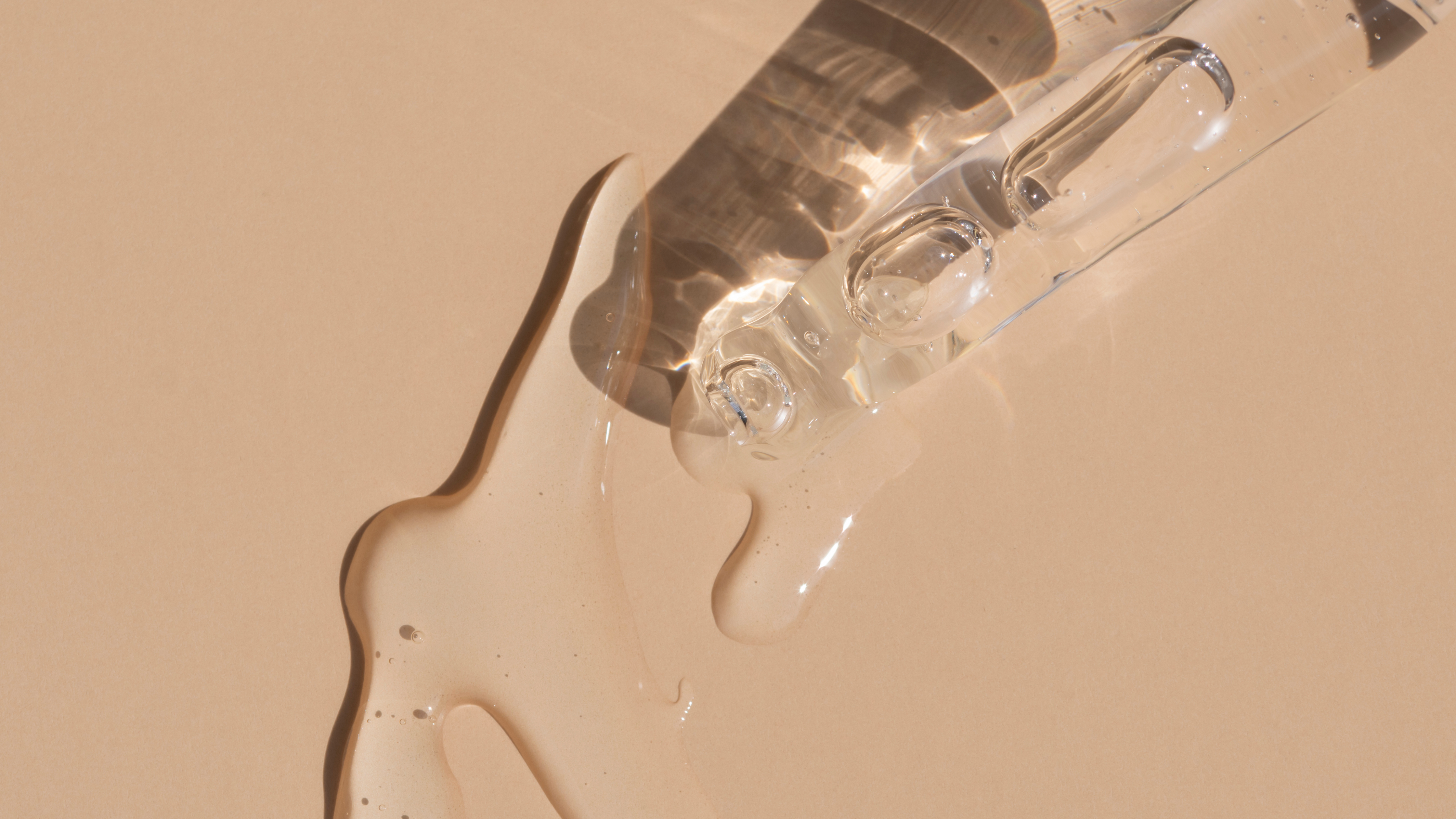Vitamin C Skincare Myths

Vitamin C is a popular skincare product because it works wonders on so many issues that a lot of people deal with. But like anything that gets attention, things can be twisted and people start believing myths. Vitamin C is no exception.
We’ll break down some of the myths and give you the actual truth behind this amazing product.
Myth 1: All vitamin C is the same quality

A lot of people think that vitamin C is vitamin C and that quality doesn’t really matter since it's all the same. This is absolutely not true! When it comes to vitamin C for the skin, there are a lot of different derivatives and concentrations that can make a huge difference in how your skin reacts to the product.
L-Ascorbic acid is the scientific name for pure vitamin C, but ascorbyl glucoside, magnesium ascorbyl phosphate, ascorbyl tetraisopalmitate are all forms of vitamin C combines with other ingredients to make it more stable and more absorbable by the skin. Every derivative is different, so read labels to figure out what works best for you.
Myth 2: Not everyone can use vitamin C
Some skincare ingredients are not for everyone because everyone has different skin types. It’s likely that the skin type myth about vitamin C started mostly because of L-ascorbic acid and how it reacts with skin. This pure form of vitamin C has lower pH levels, so it’s more powerful than the vitamin C combined with other ingredients. It can irritate the skin, especially if yours is sensitive.
People with sensitive skin should look for a derivative with a higher pH. THD ascorbate and ascorbyl tetraisopalmitate are less irritating for most people and absorb well.
Myth 3: More is better!
You’ve probably heard the expression “you can have too much of a good thing” and in the case of vitamin C, this is true. Vitamin C products generally list a percentage on the bottle, but because quality matters a small percentage of a high quality vitamin C is worth more to your skin that a high percentage of a lower quality derivative.
Myth 4: Vitamin C causes sun sensitivity

This is a big one. Pure vitamin C, or L-ascorbic acid, has a very low pH, so people assume that you can only use it at night. But, vitamin C does not make your skin more sensitive to the sun and you can apply it in the morning or at night. One amazing thing about vitamin C is that is might actually help protect your skin from free radicals caused by sun damage! Of course you should always use sunscreen to minimize the free radicals in the first place!
Myth 5: Don’t combine Vitamin C with other acids
A lot of people are nervous about using vitamin C with other acids, retinoids, and niacinamide. This myth was likely started because some people’s skin gets irritated when they use these products together. The way to combat this potential irritation is by getting started slowly and working these combinations separately. When you first start using multiple products with active ingredients, you can alternate using them every other night. Eventually your skin will adjust and you can use everything together, but it’s wise to try a patch test. If you still get irritated, go back to an every other day routine.
Myth 6: Vitamin C will color your skin
This myth is partially true. It may have been born because vitamin C is an unstable product and when spoils, it turns yellow, orange, or brown. It can also turn color when it’s fresh, just because of the exposure to the air. Make sure you apply your product all over and as evenly as possible so you don’t get splotches. You can also “seal” the product in by applying a skin oil or moisturizer over your vitamin C serum. This minimizes exposure to the air.
Myth 7: Your skin will get used to vitamin C and becomes useless

If you love what vitamin C does for your skin but are no longer noticing any tingle when you apply it, that doesn’t mean that it is less effective. Fortunately there is no evidence that just because that “feeling” goes away when you apply the product, that it no longer works. There is nothing wrong with changing things up, especially seasonally. But vitamin C will still do it’s job.
A Great Addition to your Skincare Routine
Myths aside, vitamin C is probably one of the best ingredients you can use in your skincare routine. It can reduce the appearance of wrinkles, combat oily skin, brighten dull skin, and help hyperpigmentation.